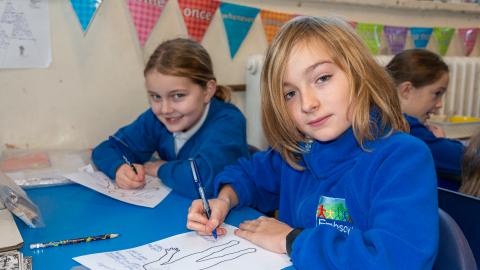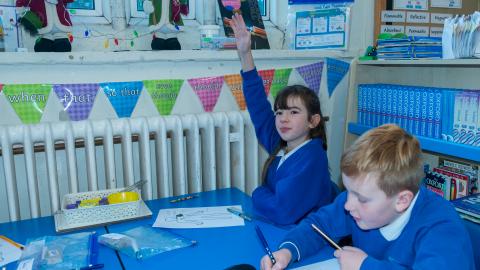|
Key person responsible – F Prest |
|
Curriculum Intent: At Embsay School, Personal, Social, Health and Economic Education is at the core of what we do and it is our intention that our pupils become confident, healthy and responsible members of society, as well as developing the ‘whole child’ intellectually, morally, socially and spiritually. It is an integral part of our school ethos and aim of ‘Life in all its fullness’. Through our whole school approach to PHSE, curriculum and environment it is our aim that pupils are able to explore thoughts, feelings, experiences and beliefs in a safe and secure learning environment. This is turn will develop well-rounded, confident and resilient young people reaching their full potential. We aim to provide:
The curriculum is taught within a safe and supportive learning environment where students can develop the confidence to ask questions, make contributions related to their own experiences. We aim to provide a PSHE and citizenship programme that is motivating and meaningful to children in their everyday lives The elements of our PSHE curriculum are carefully considered to provide children with the knowledge and skills they need to keep themselves safe, both on and off line. Through PSHE our children:
|
|
Key points - teaching & planning:
|
|
Key points - assessment: Assessment sheets are completed for each unit showing class competency and children exceeding or below expectations |
|
Linked Policies: RSE Policy Child Protection Policy Behaviour Policy Anti-bullying policy SEND Policy Single Equality Scheme Online Safety Policy Substance Misuse Policy |



